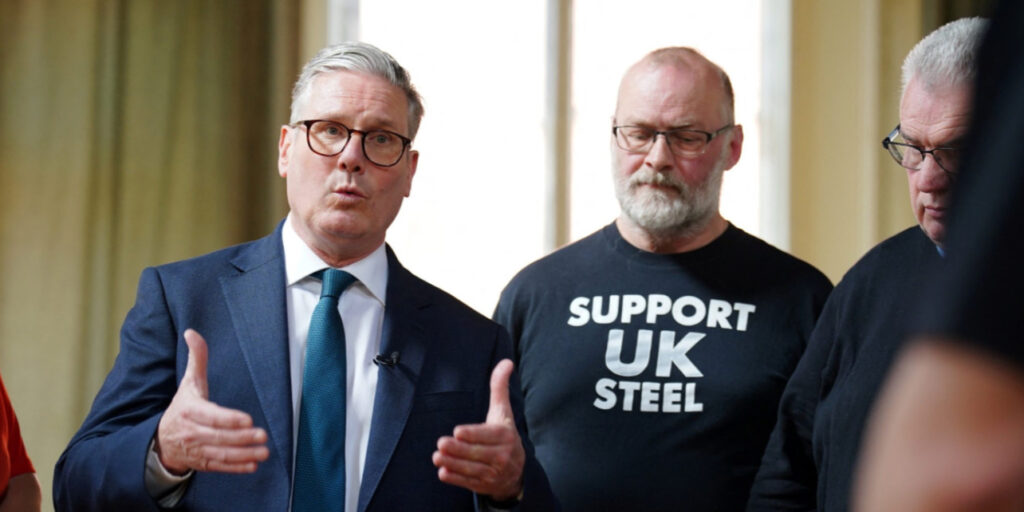Sir Keir Starmer is moving to scrap import tariffs on nearly 90 goods in a sweeping effort to protect UK businesses from the fallout of Donald Trump’s escalating trade war.
In what marks a significant state intervention, the Labour Government will suspend duties on a wide range of products — from electric vehicle battery components to fruit juices — for a two-year period, cutting tariffs to zero until July 2027.
Among the items benefiting from the temporary relief are aluminium wheels, plastics, plywood, pasta, pineapples, coconut oil, and agave syrup. The move aims to relieve pressure on key sectors such as construction and automotive manufacturing, which have been hit hard by new US levies.
Although the UK avoided the harshest measures when Mr Trump imposed sweeping retaliatory tariffs globally on his self-declared “liberation day,” British exporters have not been spared. The country now faces a 10% general levy on goods and a separate 25% duty on vehicle exports — a blow to an industry that was the UK’s largest source of exports to the US in early 2024.
To cushion the impact, the Government has unveiled a broader support package that includes enhanced state-backed loans. UK Export Finance, the body tasked with providing financial support to exporters, will see its powers expanded, with an additional £20 billion earmarked to bolster British trade.
Prime Minister Starmer said last week that he was ready to do “everything necessary” to shield UK firms from what he described as the “storm” of US-imposed tariffs. The Treasury claims the tariff cuts could save businesses an estimated £17 million annually — though officials concede the move will reduce revenue to the Exchequer, potentially shifting the burden to taxpayers.
Chancellor Rachel Reeves said the measures are designed to ease cost-of-living pressures for households and offer stability to firms navigating an unpredictable global trading environment. “In a changing world, we know families are anxious about prices and businesses uncertain about their future. That’s why we’ve announced lower prices on imports of everyday essentials,” she said.
Business Secretary Jonathan Reynolds echoed the sentiment, calling the suspensions a “crucial step” in delivering on the Government’s economic “Plan for Change” and ensuring Britain remains competitive.
The announcement comes just days after the Trump administration excluded smartphones, computers and electronics from its latest tariff wave, acknowledging that such items are rarely manufactured domestically in the US. However, the broader crackdown continues to cast a shadow over UK-US trade relations.
Ministers are understood to be pressing for an exemption from Washington’s trade penalties, but without a breakthrough, Chancellor Reeves may be forced to explore spending cuts or tax increases in the upcoming Autumn Budget to stay within her fiscal rules.
The suspension of tariffs is also seen as a pragmatic response to the disruption caused by Jaguar Land Rover’s recent decision to halt exports to the US — a move that put £6.5 billion worth of trade at risk.
Officials say the tariff reductions could translate into lower prices across supermarkets, pubs and restaurants by the summer. Still, there is no legal obligation for businesses to pass those savings on to consumers.
The measures come as part of a wider package of business support initiatives totalling £80 billion, which will also give small firms access to loans of up to £2 million, reinforcing the Government’s pledge to back industry in a volatile global economy.


